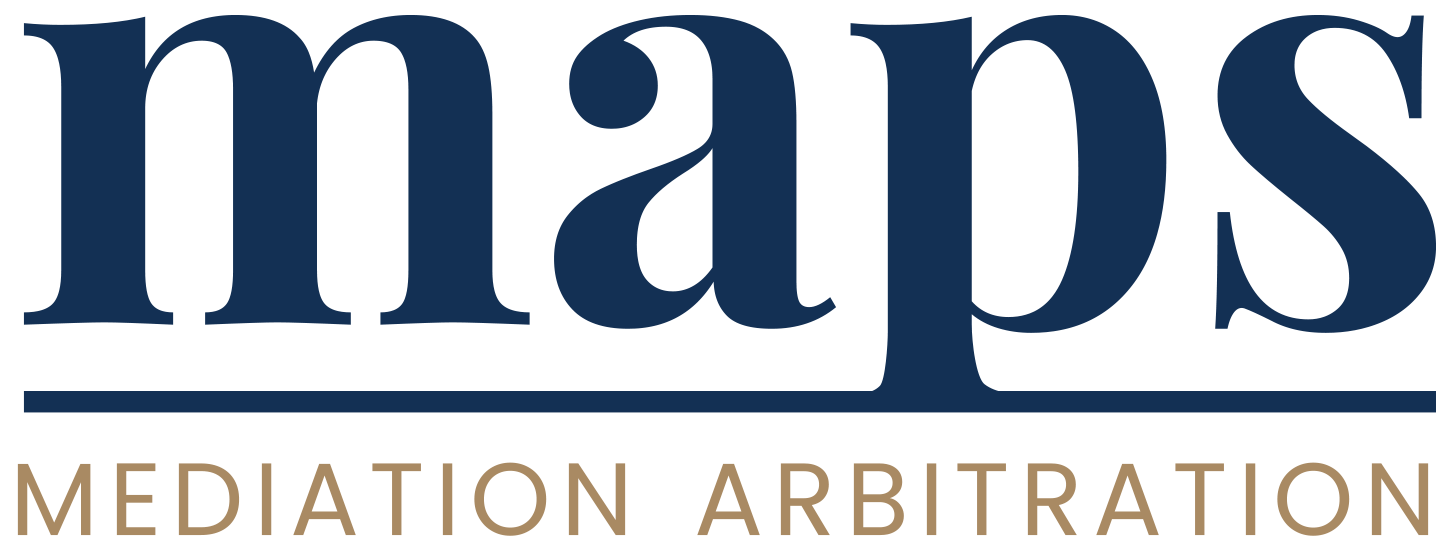What To Expect During Mediation
Mediation is a non-adversarial process in which a Mediator helps the parties negotiate a settlement. The clients, with their counsel’s guidance, remain in complete control, and ultimately decide whether and how a case will be resolved.
Mediator Panel
maps’ Mediator Panel undergoes extensive training and conduct themselves accordance with the maps Code of Conduct. The parties select their Mediator; or, maps can select a Mediator appropriate for the nature of the dispute.
maps Case Management Staff
maps Case Managers have a combined decades of experience, having convened over 55,000 alternative dispute resolution matters ranging from two-party personal injury to multi-party class action. Your Case Manager will guide you, your staff, or outside professionals through the process.
Agreement of Parties
By agreeing to mediate, parties agree to negotiate, in good faith, to attempt to settle their differences. Neither maps nor the Mediator has the power or authority to compel the parties to settle.
Process is Confidential
In order to facilitate open and frank settlement discussions, all communications and records made in connection with mediation are protected from disclosure and may not be used as evidence in any judicial or administrative proceeding.
Additionally, the Mediator is not subject to subpoena and cannot be required to make disclosure through discovery or testimony at trial, except in very limited circumstances.
Costs
The costs of the mediation includes basic administrative fee and an hourly fee. The parties split the mediation cost, but may agree as part of their resolution that one party will pay 100% of the cost.


